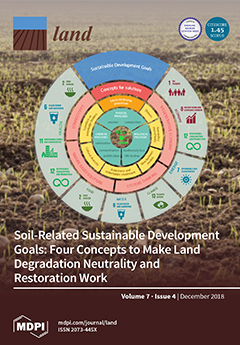Resource information
During the Early Roman period in the Mediterranean (ca. 30 BC–330 AD), the key central places that distinguished socio-political landscapes were towns. These urban centers functioned as economic and administrative focal points that were controlled by local elites who oversaw wealth redistribution and maintained a dialectical relationship with Rome that mutually benefitted both parties. Yet, beyond providing such rudimentary observations, central place theory has recently been revised to examine how local factors, such as a place’s long-term geography and history, intersect with globalizing ones to transform settlement hierarchies as well as economic, political, and cultural landscapes. This article’s goal is to explore such intersections through a study of how port towns functioned as central places that connected globalized imperial networks to localized provincial ones within island contexts. It examines a range of material culture including, ceramics, architecture, prestige goods, and coinage from ports in Early Roman Cyprus in order to investigate how the island’s integration into Roman networks created central places that altered existing settlement types, hierarchies, and thus, local identities. Overall, this study shows how the reanalysis of central places within their unique geohistorical contexts can shed new light on both regional and state-level processes of cultural change.


